About us
We are an alliance of researchers and technologists from both the industry and academia.
The Gran Sasso Science Institute (GSSI) is the project’s coordinator. The two affiliated public institutions are the University of Perugia and the National Institute of Astrophysics (INAF). The two affiliated private bodies are the Bruno Kessler Foundation and Thales Alenia Space Ltd.

Gran Sasso Science Institute
-
NaturePublic
-
RoleSpoke
-
Allocated budget7,630,904.80 €
-
Structured personnel29 (Women 21%)
-
Recruited researchers11 (Women 36%)
-
Work packages

Università degli Studi di Perugia
-
NaturePublic
-
RolePartner
-
Allocated budget280,125.00 €
-
Structured personnel8 (Women 12%)
-
Recruited researchers0 (Women 0%)
-
Work packages

Istituto Nazionale di Astrofisica
-
NaturePublic
-
RolePartner
-
Allocated budget550,337.50 €
-
Structured personnel12 (Women 17%)
-
Recruited researchers0 (Women 0%)
-
Work packages

Fondazione Bruno Kessler
-
NaturePrivate
-
RolePartner
-
Allocated budget717,288.00 €
-
Structured personnel24 (Women 42%)
-
Recruited researchers0 (Women 0%)
-
Work packages
Astra is made up of an international team characterized by diverse areas of expertise and competences. Researchers, post-docs and technologists are recruited and appointed with the aim of contributing to the project’s objectives.
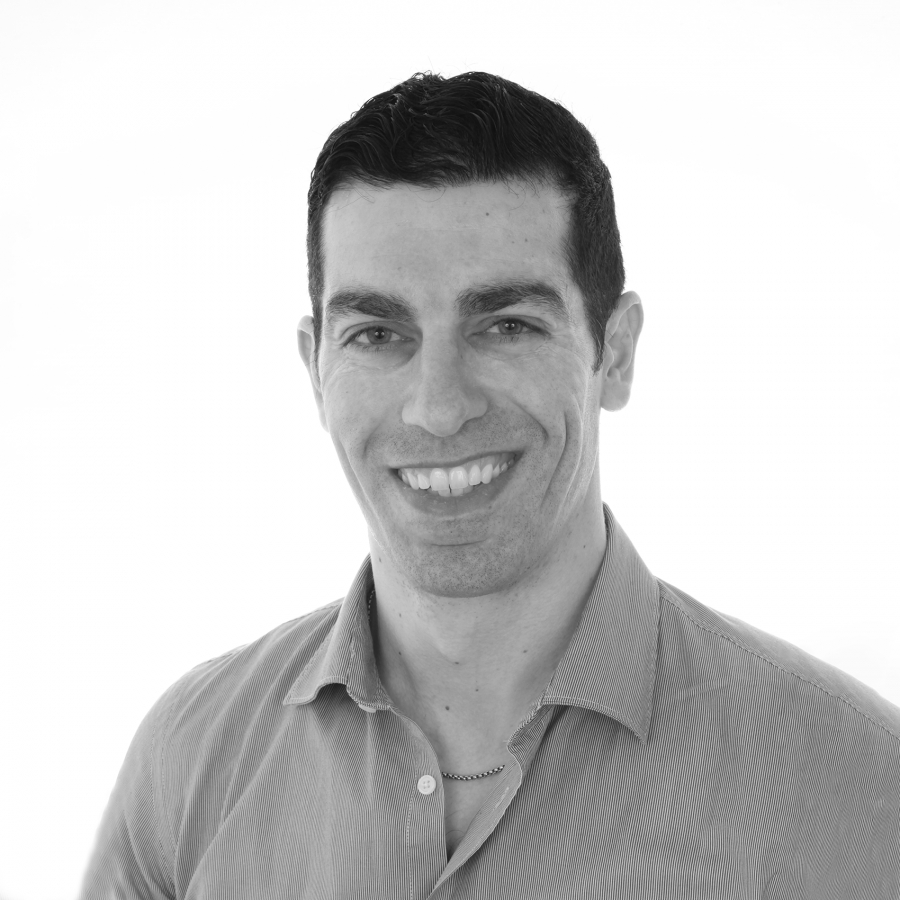
Francesco Basciani
Francesco Basciani is an assistant professor at the Gran Sasso Science Institute in L'Aquila, Italy, and his research interests include software engineering, model-driven engineering (MDE), and software architecture.
He earned his Ph.D. from the University of L'Aquila and has since contributed to the field through his research on domain-specific modeling languages, model transformations, and the quality and management of MDE artifacts.
Francesco's expertise has led to groundbreaking applications of MDE techniques across various sectors, including service-based systems, autonomous systems, and railway signaling functions. His work simulating real-world physical devices in the railway domain has notably enhanced the sector's technological advancements.
Since 2013, Francesco has been involved in European research projects such as FP7 LearnPAd and EU H2020 TYPHON. His contributions extend to academic initiatives focused on Model Repositories, migration tools, and Eclipse Plugins, reinforcing his role in the software engineering and Model-Driven Engineering (MDE) research fields.
-
Nationalityitalian
-
Activity in the project
-
Beginning of collaborationMarch 2023
-
End of collaborationFebruary 2026
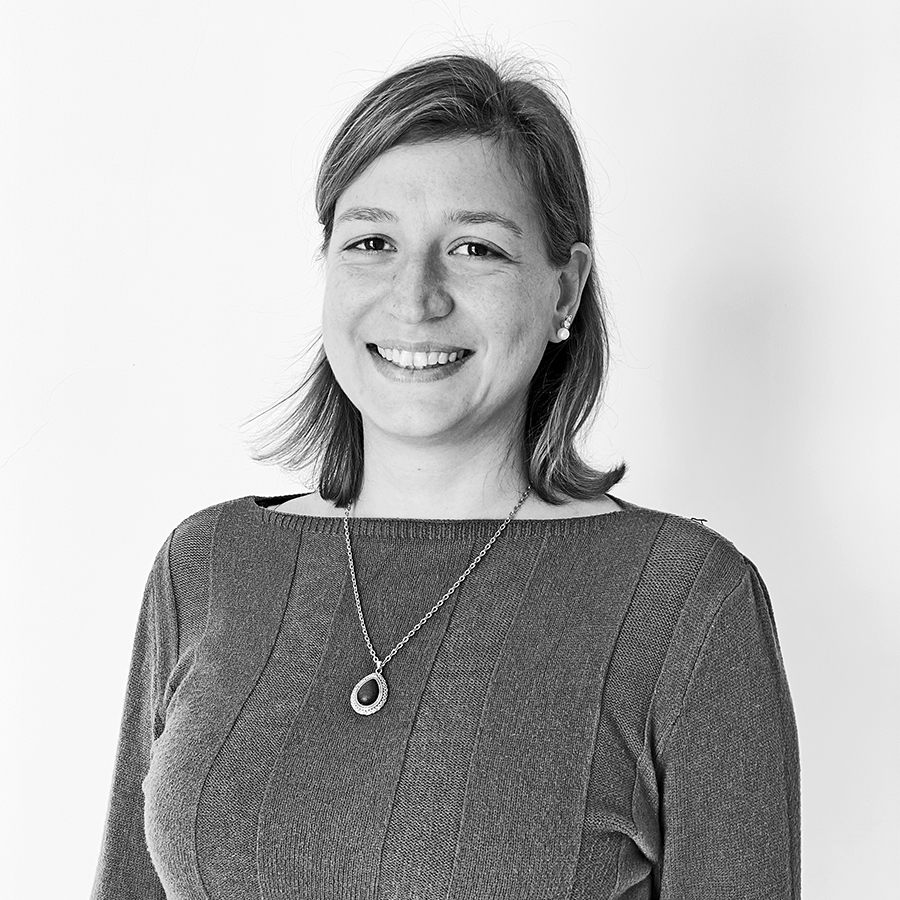
Ilaria Caravella
I graduated from UNIVPM in Mechanical Engineering. I worked in the plastics industry, following products from customer specifications to design and production, by rapid prototyping techniques and injection molding. After a brief period in industrial automation, I joined INFN-LNGS, where I had the opportunity, among others, to get into the world of metal additive manufacturing.
I'm now a GSSI technologist involved in R&D for experimental apparatus in the field of physics research. My
activities in VITALITY project are focused on design and structural analysis of mechanical components, and also on following the industrial companies taking part in the project.
-
Nationalityitalian
-
Activity in the project
-
Beginning of collaborationFebruary 2024
-
End of collaborationDecember 2026
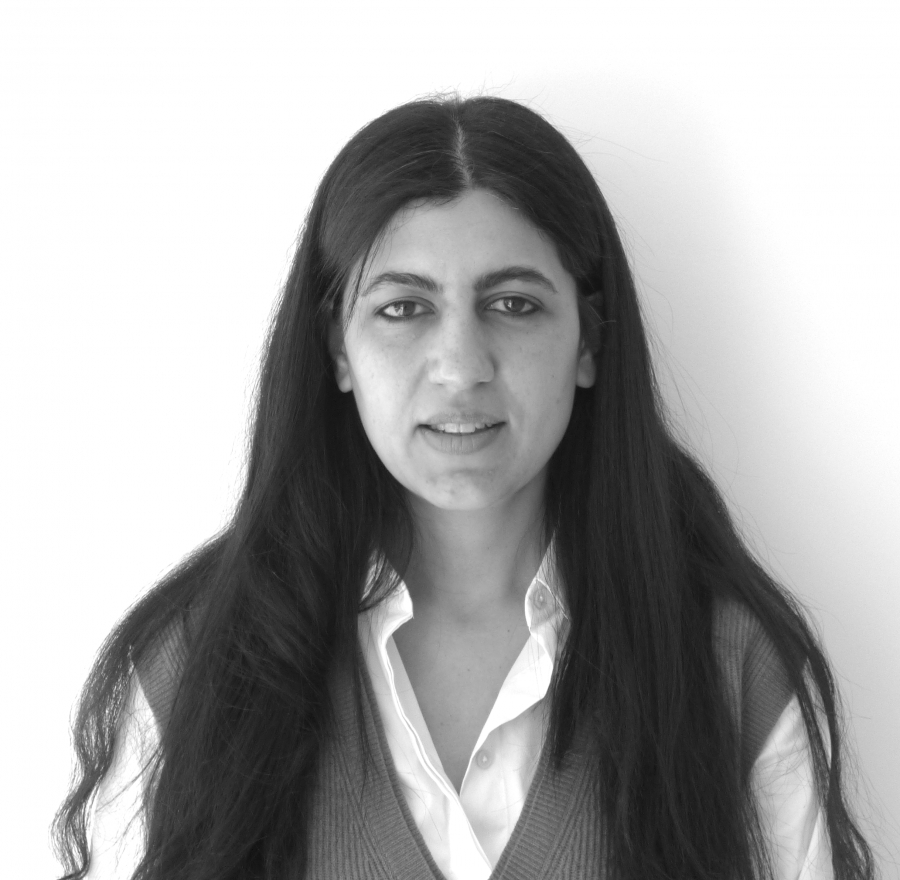
Martina Feliciani
Martina has extensive experience in innovation management consulting, achieving results in a variety of contexts: startups, multinational corporations, and international non-profit organizations.
Over the course of her career, she has created new value and growth opportunities for stakeholders by bridging the gap between technology solutions and business needs, supporting knowledge transfer and open innovation processes, facilitating startup incubation and funding for innovative projects, and creating ecosystem networks.
Since March 1, 2023, she has been working as a technologist with the scientific research areas of GSSI to support grant and technology transfer activities.
-
Nationalityitalian
-
Activity in the project
-
Beginning of collaborationMarch 2023
-
End of collaborationJune 2025
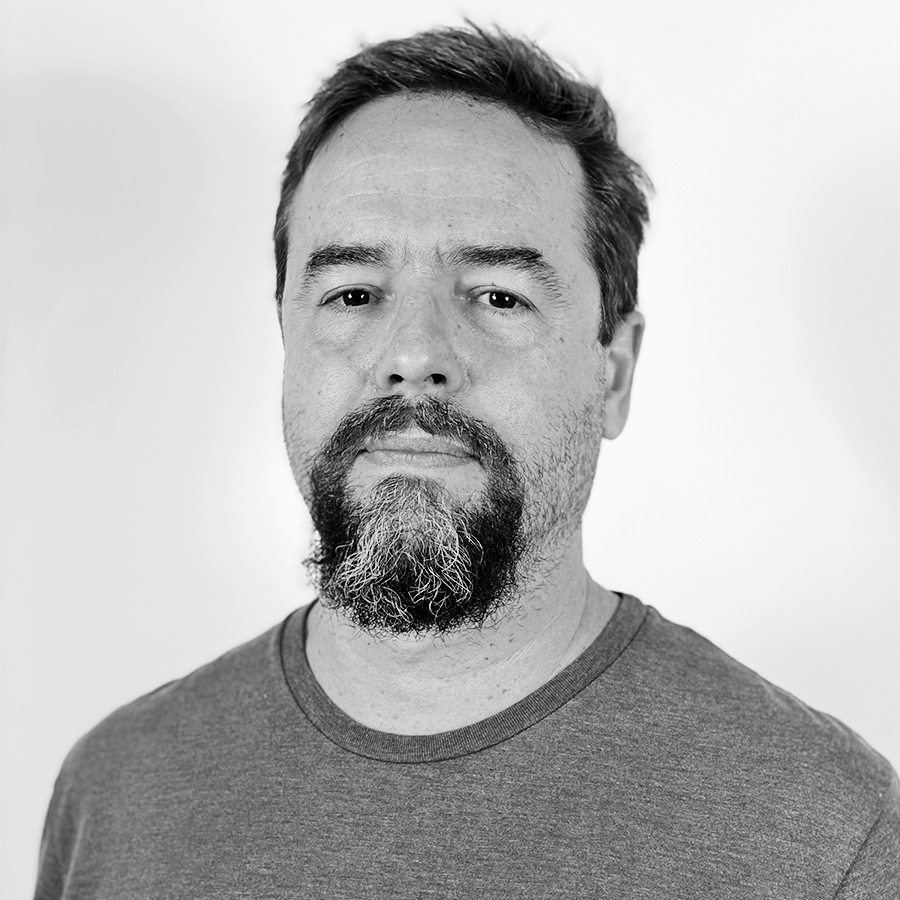
Herman Lima
I have a solid background on Electronics, with focus on the development of advanced instrumentation, mainly
readout systems, for particle and radiation detectors.
During the PhD, in ATLAS Collaboration, I developed hardware, based on FPGAs, and algorithms for the monitoring,
compression and classification of calorimetry events in the ATLAS detector. I also collaborated in the development of
a custom DAQ for gas gain uniformity tests of MWPC detectors for the LHCb Muon System.
Until 2023 I had a permanent position at CBPF (Brazilian Center for Physics Research), in Brazil, where I
participated in experiments for Neutrino detection: Neutrinos Angra, CONNIE and Double Chooz. The first two
detectors were installed close to the Angra II nuclear reactor, a Gd-doped water tank and Scientific CCDs,
respectively. Double Chooz was a detector, in France, built to study neutrinos oscillation. For all the experiments, my
main activities were the research and development of dedicated readout electronics (Front-End, Data Acquisiton
systems and Trigger).
At CBPF, I was also the coordinator of a laboratory dedicated to design and build X-Ray position sensitive detectors,
charge multiplication devices, and the associated readout electronics.
Since 2020, I participate in the CYGNO experiment - a directional Dark Matter detector - being designed by GSSI,
LNF and LNGS, in Italy, as well as worldwide collaborator institutions.
More recently, at the end of 2023, I joined the research group at GSSI that coordinates and develop the scientific
payloads for the space-based mission NUSES. My contributions should be in the design and optimization of the
electronics subsystems of the payloads.
CYGNO: https://web.infn.it/cygnus/cygno
NUSES: https://www.gssi.it/research-area/physics-research
Link to publications: https://orcid.org/0000-0001-7398-3237
-
Nationalitybrazilian
-
Activity in the project
-
Beginning of collaborationApril 2024
-
End of collaborationDecember 2025
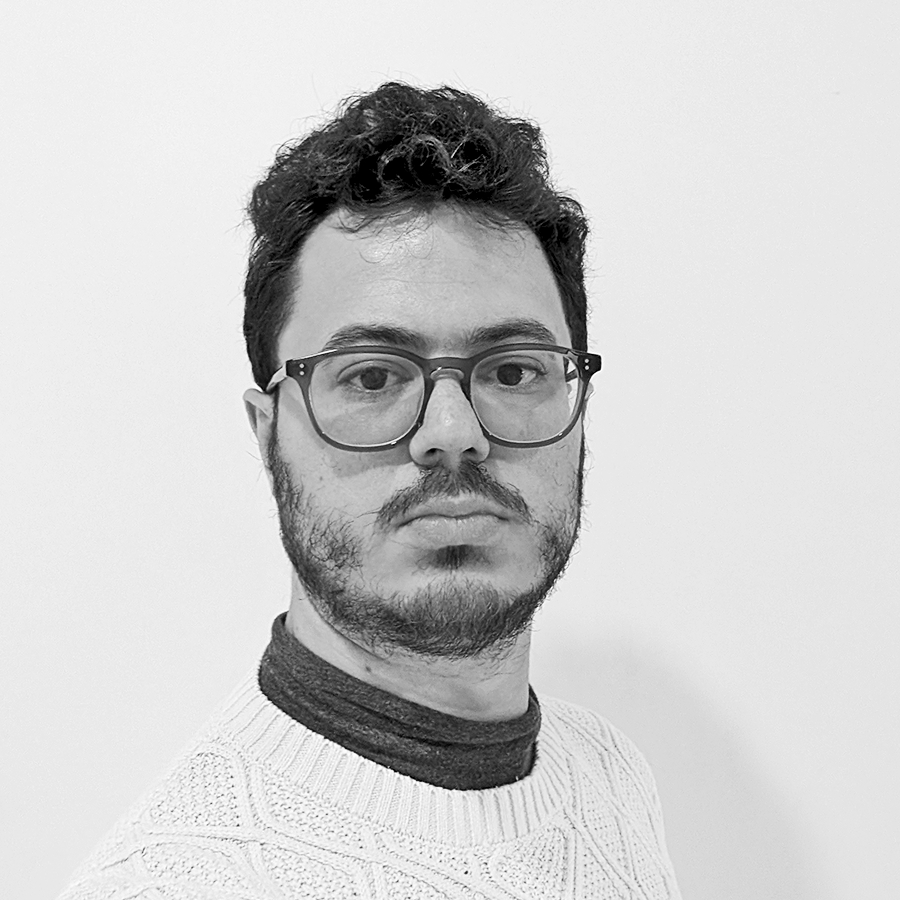
Daniele Masti
Daniele Masti was born in Siena, Italy, in 1993. Daniele Masti received the Bachelor’s degree in Computer and Information Engineering from the University of Siena, Italy, in 2015, the Master’s degree in Electric and Automation Engineering from the University of Florence, Italy, in 2018, and the Ph.D. in Systems Science from IMT School for Advanced Studies Lucca, Italy, in 2021.
From 2022 to March 2024, he was a researcher in cybersecurity at IMT School for Advanced Studies Lucca, Italy, dealing with cybersecurity assessment procedures for the backbones interconnecting Italian National Railway Infrastructures.
He is currently a Post-Doc Researcher at GSSI - Gran Sasso Science Institute. His main research interest lies at the border between control theory, machine learning, and software verification, with the overall aim of bridging the gap between these disciplines.
-
Nationalityitaliana
-
Activity in the project
-
Beginning of collaborationMay 2024
-
End of collaborationDecember 2025
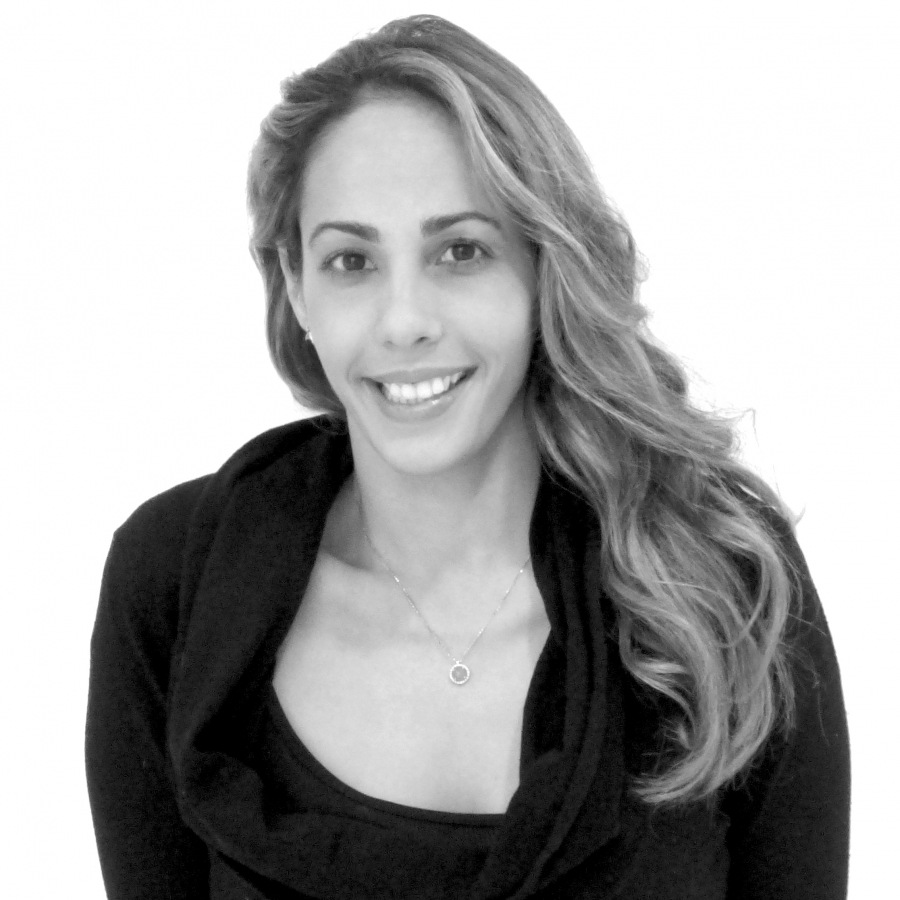
Adriana Carolina Pinate
Adriana is a Postdoctoral researcher fellow at the Social Sciences Unit, GSSI.
Adriana holds a Ph.D. on Accounting, Management and Finance at the University “G. d’Annunzio” Chieti-Pescara. Her
thesis titled “Innovation and Creativity: Geographical, Social and Cognitive aspects of knowledge intensive”. During
her doctoral studies, she spent a visiting period in the Grouped de Recherche en Droit, Economie et Gestion
(GREDEG) of the Université Côte d’Azur, in Nice-France. She also holds an International II level Master (cum laude) at
the Department of Civil and Environmental Engineering at the Politecnico di Milano.
Her research focus on the use of robust econometric data and spatial modelling in the field of regional economics,
economic geography and behavioural economics, on three related main topics: (i) technological innovation,
environmental sustainability and pro-environmental behavior; (ii) economic productivity and regional development; (iii)
human capital migration and institutional quality.
Her interest is in the cost-benefit assessment of economic, social and environmental issues and their spatial
dependence. She works with both secondary and primary data. It uses secondary data on different time series and
levels (individual, firm and regional ones) through the implementation of advanced instrumental, dynamic and spatial
econometric analysis approaches. At the same time, she is engaged in survey implementation, collection and
econometric analysis of primary data with multilevel and mixed process models such as Hurdel, CMP (see
contributions here Nature and Open Science Framework.
She regularly attends to national and international conferences and workshops such as Economic Science
Association (ESA), Regional Science Association International (RSAI), Geography of Innovation (GEOINNO), Società
Italiana degli Economisti (SIE), among the others.
You can find more information on my Personal Page
-
Nationalityvenezuelan
-
Activity in the project
-
Beginning of collaborationMarch 2023
-
End of collaborationDecember 2025
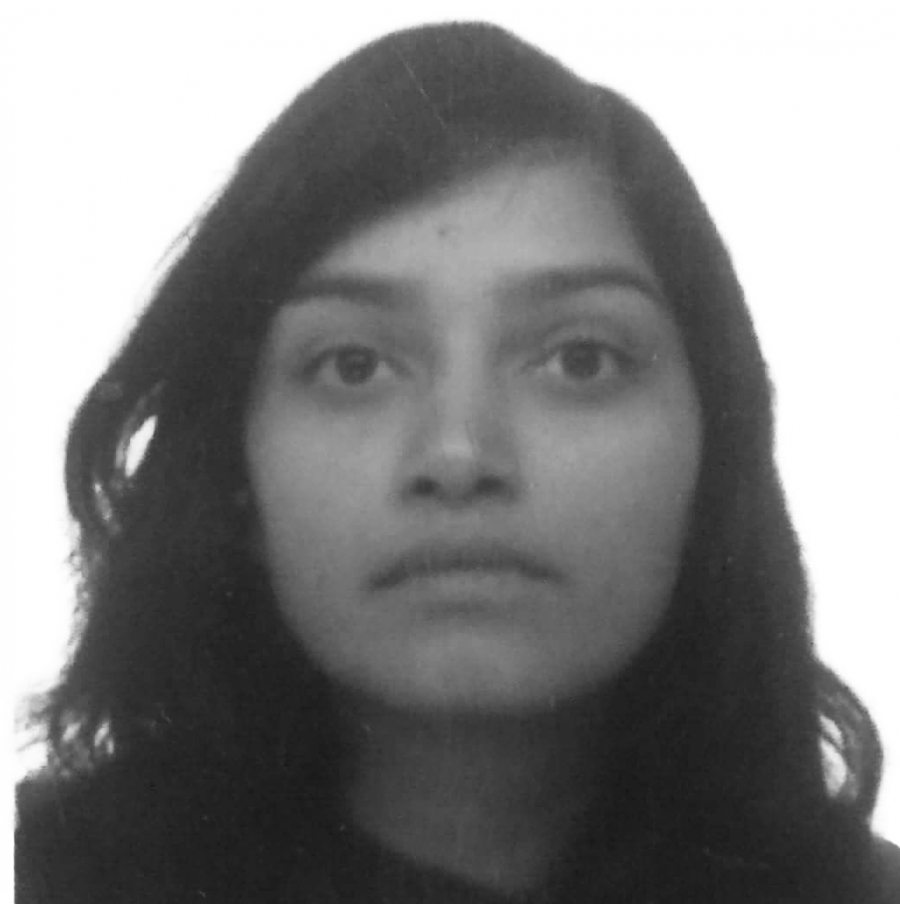
Kiran Prestia
She obtained her Master’s Degree in Law from the University of Florence, specializing in legal informatics.
Since 2007, she has collaborated with various nationally and internationally renowned artists, providing legal assistance and consultancy services in copyright protection, the management of economic exploitation rights for intellectual property, and the sale of artworks.
To complement her over a decade of field experience, in 2017 she attended a Master’s program in Digital Rights Management at the "Il Sole 24 Ore" Business School, as well as an advanced specialization course in copyright law within contractual practice.
In 2018, she completed a training course on the offense of defamation through the press (television, internet, radio). This was followed by an intensive collaboration with the Legal Affairs Department of the Mediaset Group, allowing her to deepen her practical understanding of the latest studies and significantly broaden her expertise in copyright law and the economic exploitation of intellectual property.
Through her recent collaboration with the Corporate, Commercial, and Contractual Law Department of Studio Previti - Professional Association, she has gained extensive and highly qualified experience in commercial contracting.
Since 2023, she has provided specialized consultancy on copyright protection and the management of economic exploitation rights for intellectual property on projects promoted by the Digital Republic Fund of the Presidency of the Council of Ministers.
As of March 1, 2023, she works full-time as a senior technologist (EP3 level) in intellectual and industrial property protection and management at the Gran Sasso Science Institute, primarily focusing on technology transfer activities within the New Space Economy sector.
-
Nationalityindian
-
Activity in the project
-
Beginning of collaborationMarch 2023
-
End of collaborationJune 2025
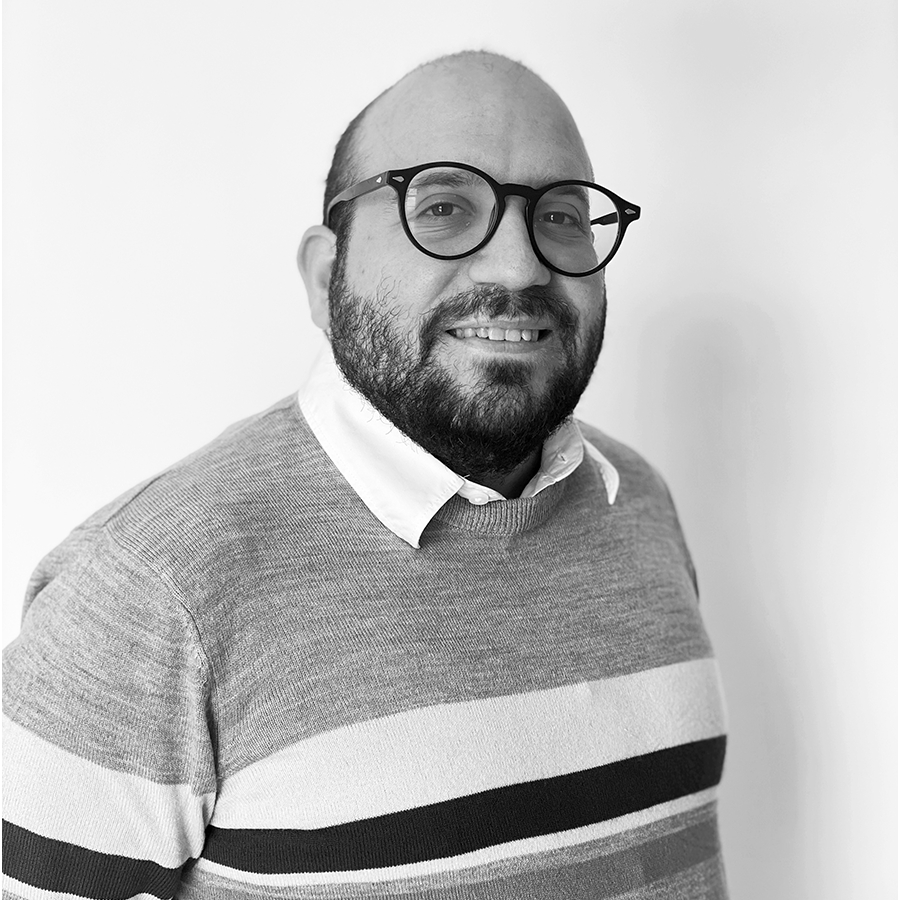
Pierpaolo Savina
I'm a Postdoc in Physics at the Gran Sasso Science Institute (GSSI).
My main area of interest is multi-messenger astrophysics, and over the past years, I've been primarily involved in the Pierre Auger and IceCube collaborations.
My Ph.D. was a joint project between Université Paris-Saclay (France) and the Università del Salento (Italy), focusing on identifying Ultra High Energy (UHE) Gamma Rays with energies above 1 EeV (1 EeV = 10^18 eV) among the Cosmic Rays (CRs) collected by the Pierre Auger Observatory in Malargüe, Argentina.
This research resulted in the most stringent upper limits on the Gamma-ray flux at the energies considered in my analysis.
After completing my Ph.D., I joined the Wisconsin IceCube Particle Astrophysics Center (WIPAC) in Madison, Wisconsin, where I studied neutrinos originating from the Galactic Plane. The primary goal was to identify the so- called PeVatrons in the Milky Way Galaxy.
Starting from January 2024, my research activity at GSSI is focused on the experimental study of galactic cosmic and gamma rays through various spaced missions. These missions include the ongoing DAMPE experiment, the HERD
and Crystal Eye projects, and the NUSES mission.
-
Nationalityitalian
-
Activity in the project
-
Beginning of collaborationJanuary 2024
-
End of collaborationDecember 2025

